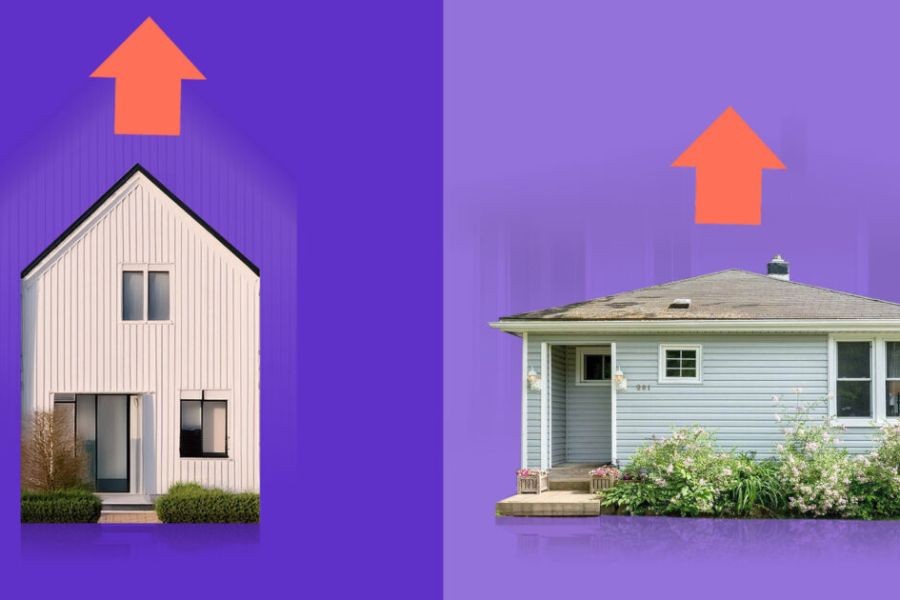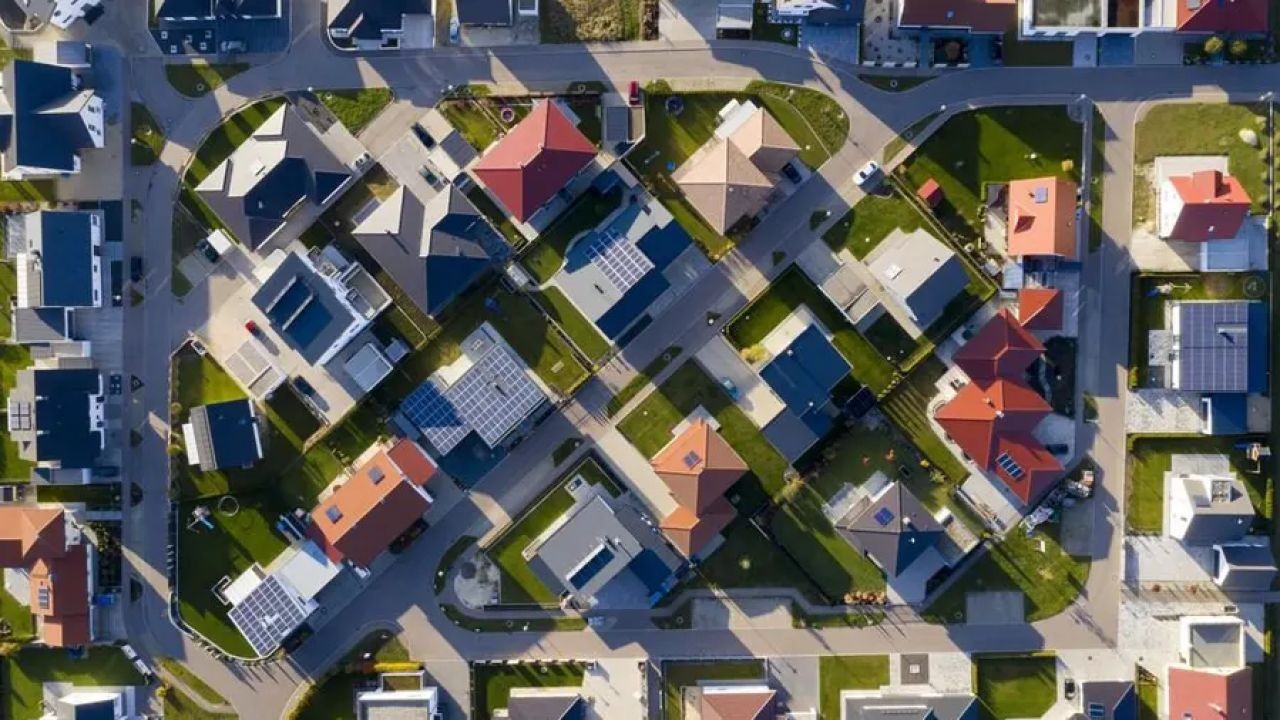In New Zealand, the housing market is a hot topic for first-time buyers, particularly when it comes to choosing between new builds and existing homes. The decision is not merely a financial one but involves a myriad of factors including lifestyle preferences, long-term investment potential, and market trends. This article will delve into the intricacies of both options, providing data-driven insights and expert opinions to help first-time buyers make an informed decision.
Comparative Analysis: New Build vs. Existing Home
As of 2023, New Zealand's real estate market has been characterized by a 27% rise in property prices according to Stats NZ, leading to affordability concerns. This trend has significantly impacted the decision-making process for first-time buyers. Let's compare the pros and cons of new builds and existing homes to understand which might better suit different needs.
Pros and Cons of New Builds
- Pros:
- Energy Efficiency: New builds often incorporate the latest energy-efficient technologies, reducing utility costs in the long run.
- Customization: Buyers can often customize features to their liking, ensuring the home meets their specific needs.
- Low Maintenance: New builds typically come with a warranty, reducing the maintenance and repair costs for the first few years.
- Cons:
- Higher Initial Costs: New builds can be more expensive upfront compared to existing homes.
- Location Limitations: New developments may be located in less established areas, which could affect accessibility and amenities.
- Delayed Move-In: Construction delays can postpone the moving date, causing potential inconvenience.
Pros and Cons of Existing Homes
- Pros:
- Established Neighborhoods: Existing homes are often located in well-established areas with mature amenities and infrastructure.
- Cost Efficiency: Generally, existing homes can be less expensive than new builds, offering more for the money.
- Immediate Availability: No waiting period for construction, allowing for immediate occupancy.
- Cons:
- Renovation Costs: Older homes may require significant updates or repairs, adding to the overall cost.
- Energy Inefficiency: Existing homes might not be as energy-efficient, leading to higher utility bills.
- Limited Customization: Buyers have less flexibility to alter the layout or features compared to new builds.
Real-World Case Study: Wellington's Housing Market
To illustrate these points, consider the case of Wellington. A study from the Reserve Bank of New Zealand highlighted that the capital's property market has seen a significant shift towards new builds, driven by a government initiative to increase housing supply. This initiative has made new builds more attractive due to incentives like reduced land fees and tax breaks.
However, existing homes in Wellington remain popular due to their prime locations and established communities. Buyers who prioritize location over modern amenities often find existing homes more appealing despite the need for renovations.
Myths and Misconceptions in the Housing Market
There are several misconceptions about buying new builds versus existing homes that need debunking:
Myth 1: "New builds are always more expensive."
Reality: While new builds can have a higher upfront cost, they often save money in the long term through energy efficiency and lower maintenance costs.
Myth 2: "Existing homes are too old to be energy efficient."
Reality: Many existing homes can be retrofitted with modern energy-efficient technologies, closing the gap with new builds in terms of utility savings.
Myth 3: "New builds are always in undesirable locations."
Reality: Many new developments are strategically placed in emerging communities that are planned to include amenities and transportation links.
Industry Insights: The Future of New Zealand's Housing Market
Looking ahead, the housing market in New Zealand is poised for further evolution. According to a report by MBIE, there will be a continued push towards sustainable building practices, making new builds increasingly attractive for environmentally conscious buyers. Furthermore, technological advancements in construction, such as modular building techniques, are expected to reduce costs and construction times, making new builds more accessible.
Conversely, the demand for existing homes is also expected to remain strong, particularly in central urban areas where new land for development is limited. This balance will likely lead to a diverse market where both options continue to have strong appeal.
Conclusion: Making the Right Choice
Ultimately, the decision between a new build and an existing home depends on individual preferences, financial situation, and long-term goals. First-time buyers should consider factors such as location, budget, and lifestyle needs, and consult with real estate professionals to make the most informed decision.
Are you ready to dive into the New Zealand housing market? Share your thoughts and experiences below!
People Also Ask
- How does the choice between new build and existing home impact first-time buyers in New Zealand? First-time buyers in New Zealand can benefit from the energy efficiency and customization of new builds, but may find better value and location benefits with existing homes.
- What are the biggest misconceptions about buying a home in New Zealand? A common myth is that new builds are always more expensive, but they can offer long-term savings in energy and maintenance.
- What should first-time buyers consider when choosing between new builds and existing homes? Buyers should evaluate factors like location, cost, energy efficiency, and potential renovation needs when making their decision.
Related Search Queries
- New Zealand housing market trends 2023
- Benefits of buying a new build home in NZ
- Existing vs. new homes: Which is cheaper?
- First-time home buyer tips New Zealand
- Energy efficiency in New Zealand homes
- New build homes Wellington
- Real estate market analysis NZ
- Pros and cons of buying a new build
- Government incentives for first-time buyers NZ
- Home renovation costs New Zealand


























GabriellaS
10 months ago